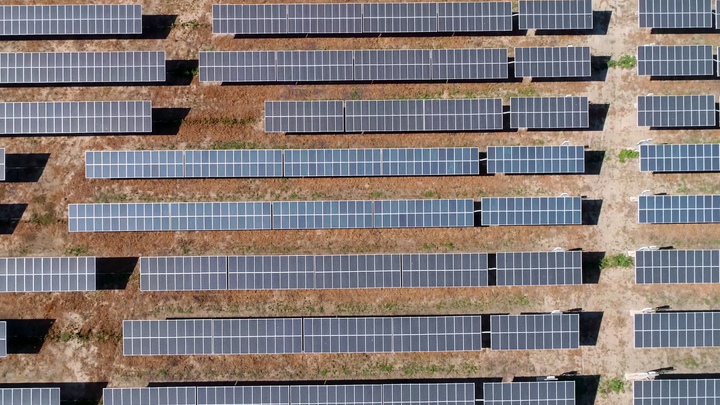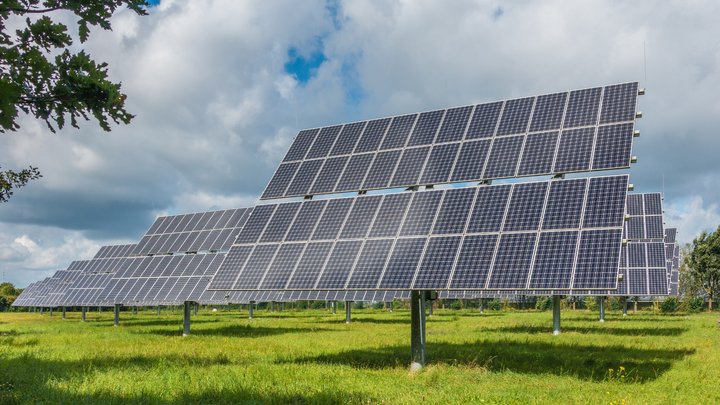Lithuania Inaugurates Largest Municipal Solar Park in Ukmergė to Power Public Sector

Lithuania has unveiled its largest municipal solar park in Ukmergė, marking a significant milestone in the country’s renewable energy efforts. The park boasts a capacity of 3.6 MW and represents an investment of €4.1 million. This project is a collaboration between the Ukmergė municipality and energy provider Ignitis, highlighting a strong public-private partnership. Spanning 5 hectares, the solar park houses over 5,300 solar modules, making it a substantial addition to Lithuania’s green energy infrastructure.
The solar park is set to supply green electricity to 295 public buildings, which include 35 educational institutions and various municipal offices, significantly reducing the carbon footprint of the public sector. The project's development received substantial support from the European Union, which contributed €2.8 million, while the remaining costs were covered by the Ukmergė municipality. This financial structure underscores the importance of EU funding in advancing renewable energy projects in the region.
Mayor Darius Varnas emphasized that Ukmergė is the first municipality in Lithuania to achieve such a comprehensive approach to meeting public sector energy needs with renewable energy. The solar modules used in the park were sourced from Trina Solar, a leading global provider of solar solutions, while the inverters were supplied by Germany’s SMA Solar Technology, ensuring high efficiency and reliability of the system.
The park is projected to produce approximately 3.6 million kWh annually, enough to meet a significant portion of the energy needs of the connected public buildings. The financial payback period for this investment is estimated to be around four years, making it not only an environmentally but also an economically sound initiative.
This solar park is part of Lithuania's broader strategy to enhance the use of renewable energy and achieve greater sustainability. By adopting such initiatives, Lithuania aims to reduce its reliance on fossil fuels, decrease greenhouse gas emissions, and pave the way for a greener future.





